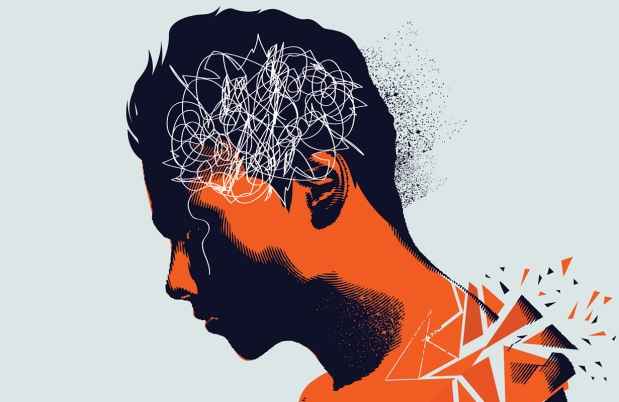Supporting a Loved One Through Addiction Recovery
Available with English captions and subtitles in Spanish.
Misuse of drugs and alcohol impacts many more people than the person going through the illness—it can affect family mental health as well. How can families best approach difficult conversations about addiction? Is there a best way to approach the situation? And what happens when the family is complicating the process of getting someone care they urgently need?
Rocco A. Iannucci, MD, and Michael Walsh, MS, MCAP, CIP, join us for a discussion about the role of the family in interventions—including how to approach the topic of addiction, ways to navigate the uncertainty of a hard conversation, and what to do if other close family members are also struggling with their own addictions or mental health challenges.
Audience Questions
Iannucci and Walsh also answer questions from the audience, including:
- Can you talk about the role of families in interventions?
- What are some ways that family members can be active and helpful participants during an intervention?
- Are people who are highly motivated the only ones who would benefit from treatment? Or is there a spectrum of folks who would benefit from addiction treatment?
- Can you elaborate on motivation from the family standpoint? Do you have a device to help encourage a family system that doesn’t want to participate as much as they need to?
- You’ve touched upon the home environment being a safe space for recovery. What happens when family members in the home environment are more liabilities than assets when it comes to a person’s recovery process?
- As a family member, how can you be supportive of someone while they’re getting treatment?
- Beyond the rehearsal of an intervention, how can families better navigate uncertain and difficult conversations?
- What is the age range for an intervention? Is it possible to do interventions for teenagers who are just on the cusp of developing addictive behaviors? Are interventions different if they’re with younger people?
- I think someone in my family could benefit from an intervention. How do I go about having the conversation with my family to initiate this process?
The information discussed is intended to be educational and should not be used as a substitute for guidance provided by your health care provider. Please consult with your treatment team before making any changes to your care plan.
About the Presenters
Rocco A. Iannucci, MD, is the director of Fernside, a McLean Signature Addiction Recovery Program. Fernside provides world-class residential treatment for adults who live with addiction to substances such as alcohol, cocaine, or opiates. With intensive care provided by compassionate, expert staff, the program offers evaluation and tailored services for individuals whose substance use may be complicated by co-occurring psychiatric conditions. Dr. Iannucci’s clinical interests include treatment of people with severe substance use disorders and those with coexisting mental health conditions. He has published on the treatment of addiction in residential programs and on cocaine misuse.
Michael Walsh, MS, MCAP, CIP, is president and chief executive officer of Duke Behavioral Health, a consulting, intervention, and coaching company. He is a master’s level certified addiction professional (MCAP) and certified intervention professional (CIP) with knowledge, experience, and understanding of the treatment industry, from intervention through the admissions process, case management, treatment services, and continuing care coordination for patients and alumni.
More Webinars
It’s important to think about ways to manage your mental health. McLean is committed to providing mental health and self-care resources for all who may need them. You and your family may find these strategies from McLean experts helpful to feel mentally balanced in your everyday lives.
Sign up now for the next webinar in our Mental Health Webinar Series.
Originally aired December 8, 2020



